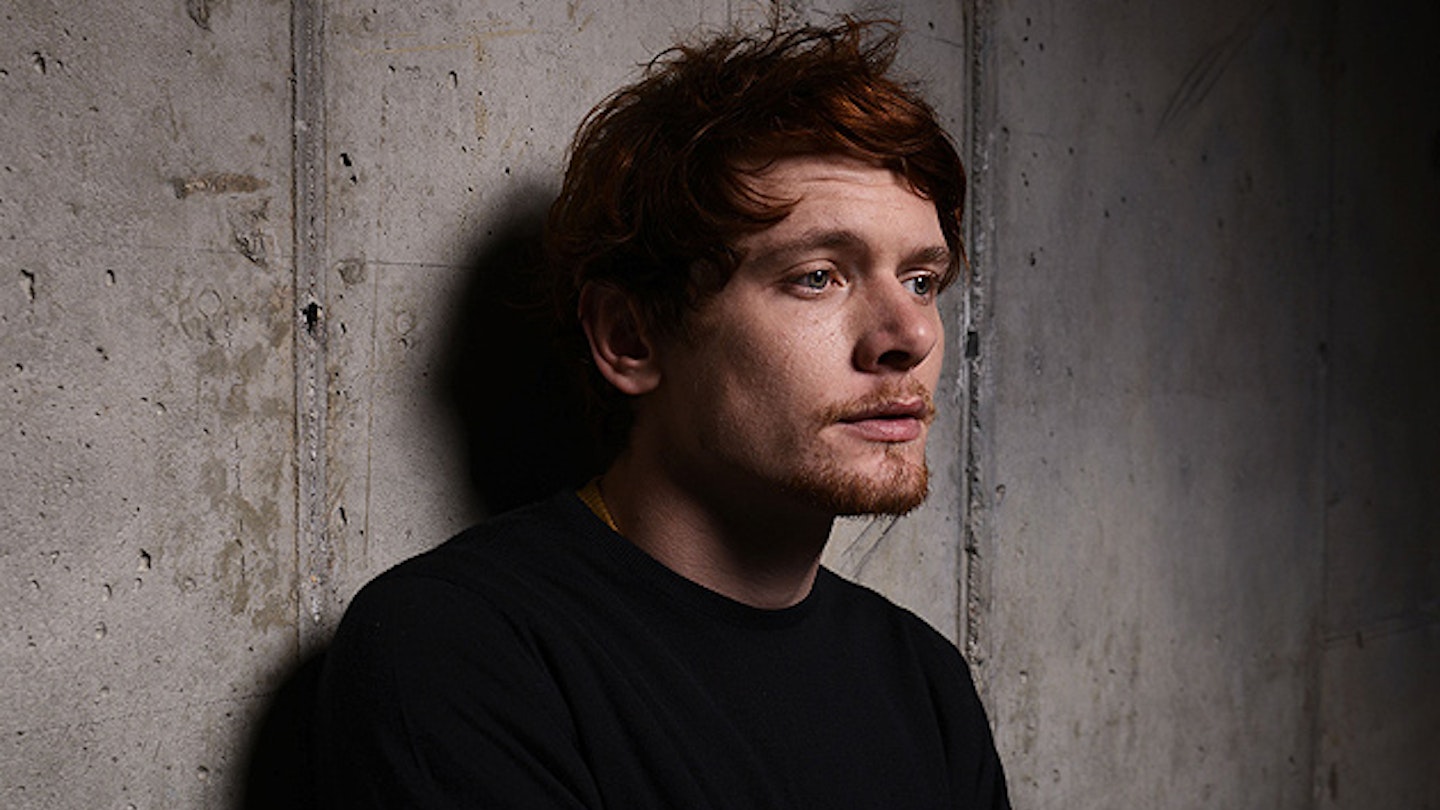For a film that is a tribute to the telling of tall tales, there are more than a few gigantic myths that surround the making of this, Terry Gilliam’s grand folly. Arguments with the studio, budget overruns, and tempestuous edits have all contributed to the notoriety that has stalked the movie like a shadow. It is typically ironic then that those exaggerations confined to the story itself make for a vivid and extraordinary, if not wholly satisfying, epic.
As scientists could tell you “Munchausen Syndrome” relates to the telling of outrageous lies and the real Baron was an aristocrat drenched in myth, a reputed fantasist of the highest order. He and Gilliam would have appreciated one others’ similar talents, the director decorates this trippy picaresque with startling far-fetched set-pieces ranging from Robin Williams warbling King of the Moon removing his own head to Uma Thurman’s Venus dancing in the air. Gilliam is in his element, building set upon astonishing (and bankrupting) set this size of cathedrals across his plump Rome soundstages, trying to outdo no one but himself.
Characterisation is hardly a great concern (Neville is a blank in the lead role) although there are some splendidly hammy cameos from Williams, Idle and a fulminating Reed as Vulcan, God of Fire. And so too, the burdens of story fall secondary to the director’s incessant visual verve; the film is best read as a greatest hits package loosely rooted in a battle between the forces of imagination and magic and the looming age of reason. The unmistakable strains of Pythonesque satire are hard to ignore, a delight to fans but they only contribute to the nagging sense of the unbelievable.

